Hey there fellow explorers of the digital frontier! Ever felt like you’re shouting into the void when it comes to SEO? I get it – keywords can feel like a mystical code only the SEO gurus understand.
Ready to level up your SEO game and stop shouting into the void? 🚀 Learn how to master keyword intent with SEMrush and dominate search results! It’s easier than you think! 😉
But don’t worry we’re going to crack this code together! Let’s dive into the four main types of keywords and by the time we’re done you’ll be speaking fluent keyword-ese.

Decoding the Four Keyword Types: Your SEO Rosetta Stone
Think of keywords as the secret language search engines use to understand what users want.
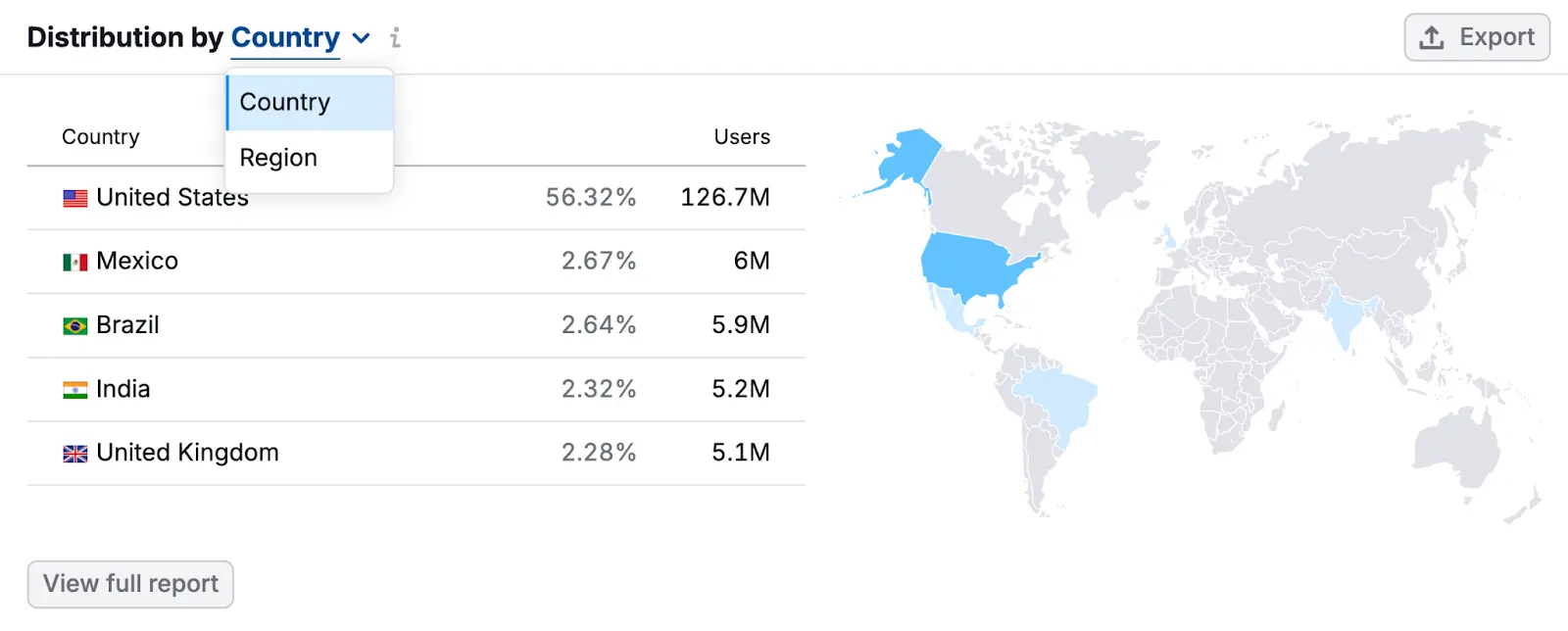
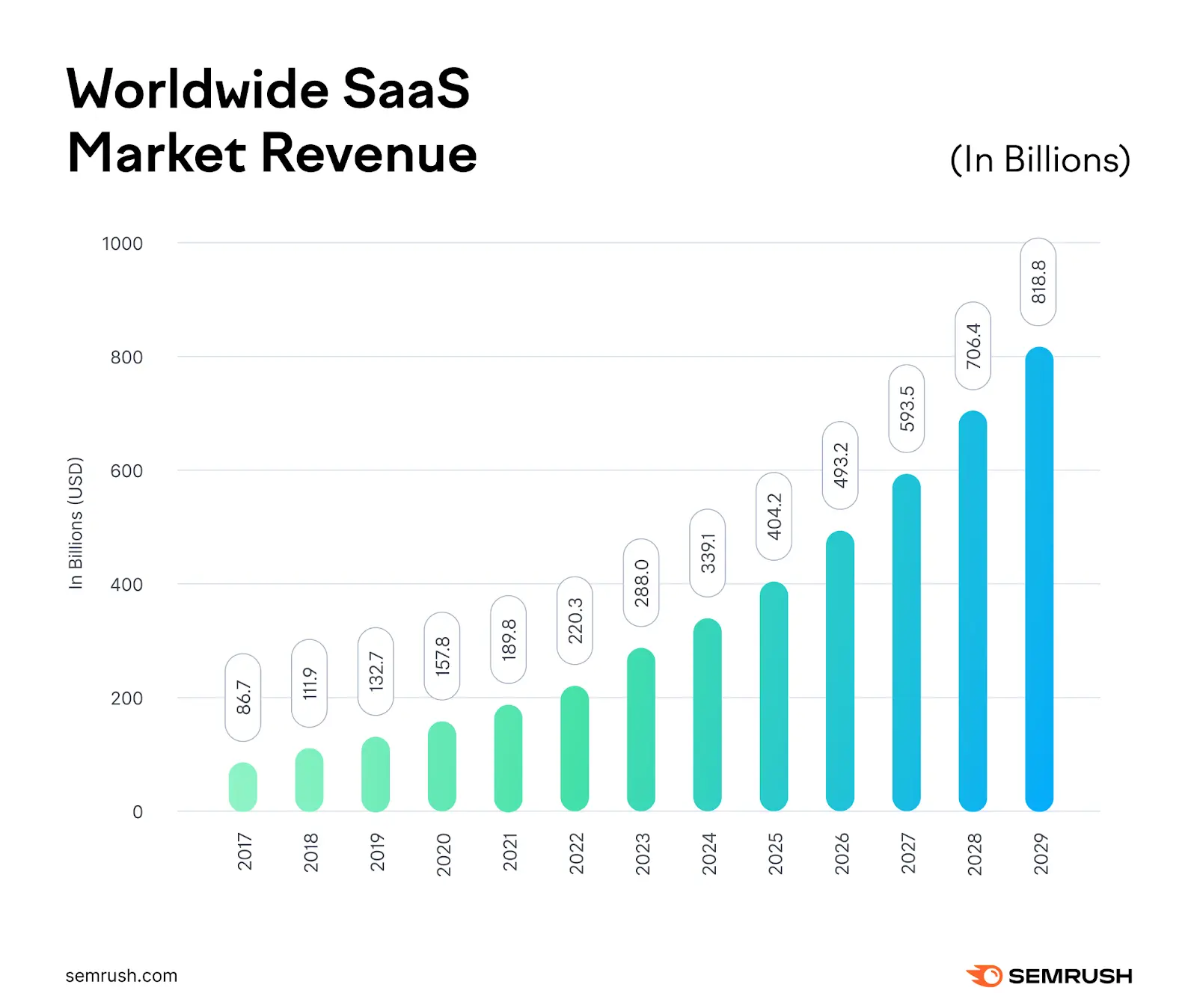
Different types of searches reveal different user intentions and understanding these intentions is KEY to getting your website seen.
Ready to level up your SEO game and stop shouting into the void? 🚀 Learn how to master keyword intent with SEMrush and dominate search results! It’s easier than you think! 😉
There are of course more specific keyword categories like long-tail and local but focusing on intent helps you understand where to compete.
1. Informational Keywords: The Curious Minds
These are the keywords used by people on a quest for knowledge. Think “how-to” “what is” “why does” and other question-based searches. They’re explorers curious about the world and your content needs to be their trusty guide. These folks aren’t necessarily ready to buy right now but they’re building up that brand awareness and establishing trust.
Imagine someone searches “best coffee beans for espresso.” They’re not necessarily ready to buy but they’re getting educated and narrowing down options.
Your content should be a into the world of espresso beans—different roasts origins tasting notes—making your website THE go-to resource.
Maybe you’ll even slip in some subtle mentions of your own delicious offerings! It’s a long game but well worth playing.
Remember those featured snippets? That’s informational keyword heaven! Aim for those coveted top spots.

If you see “People Also Ask” sections on the SERP jump on those questions – that shows intent! You are answering their queries before they even fully formulate them! That’s how you build trust and become the ultimate resource.
2. Navigational Keywords: The Know-It-Alls
These searches are super straightforward. Someone knows exactly what they want and where they want to get it. They’re typing in your brand name your website address or a specific product name. Think “Nike” “Amazon” or “Sephora’s new lipstick collection.” These are brand loyalists. They are already sold on you; your job is just to make it easy for them to find you!

The best part? Ranking highly for these keywords is almost a guaranteed win (assuming you’ve built a good well-known brand or your product is well known)! It’s all about making sure that when someone searches for you you are the top result. That means having a rock-solid website that loads quickly is easy to navigate and has all the right details. Your site needs to be the most prominent. Look at how many results have sitelinks business profiles maps etc.; they are making it so easy to find their way around that people are rewarded for their familiarity.
3. Commercial Keywords: The Window Shoppers
These searches reveal a strong intent to buy – eventually.
They’re the window shoppers comparing researching and weighing their options.

They might search “best running shoes for women under $100” “top-rated coffee makers” or “affordable vegan protein powder.” They are already in the buying journey exploring options and making decisions.
For this type of intent it’s all about helping them compare and find the best fit. Think product comparisons reviews buyer’s guides even well-placed blog posts answering FAQs. The goal is to establish your product as the top choice while showing all the features of similar products and providing a strong foundation for them to choose you over competitors. If you see “People Also Ask” answer those questions directly. This is where you show off your expertise and subtly steer them toward your product.
Check our top articles on 4 Types of Keywords in SEO (+ Examples)
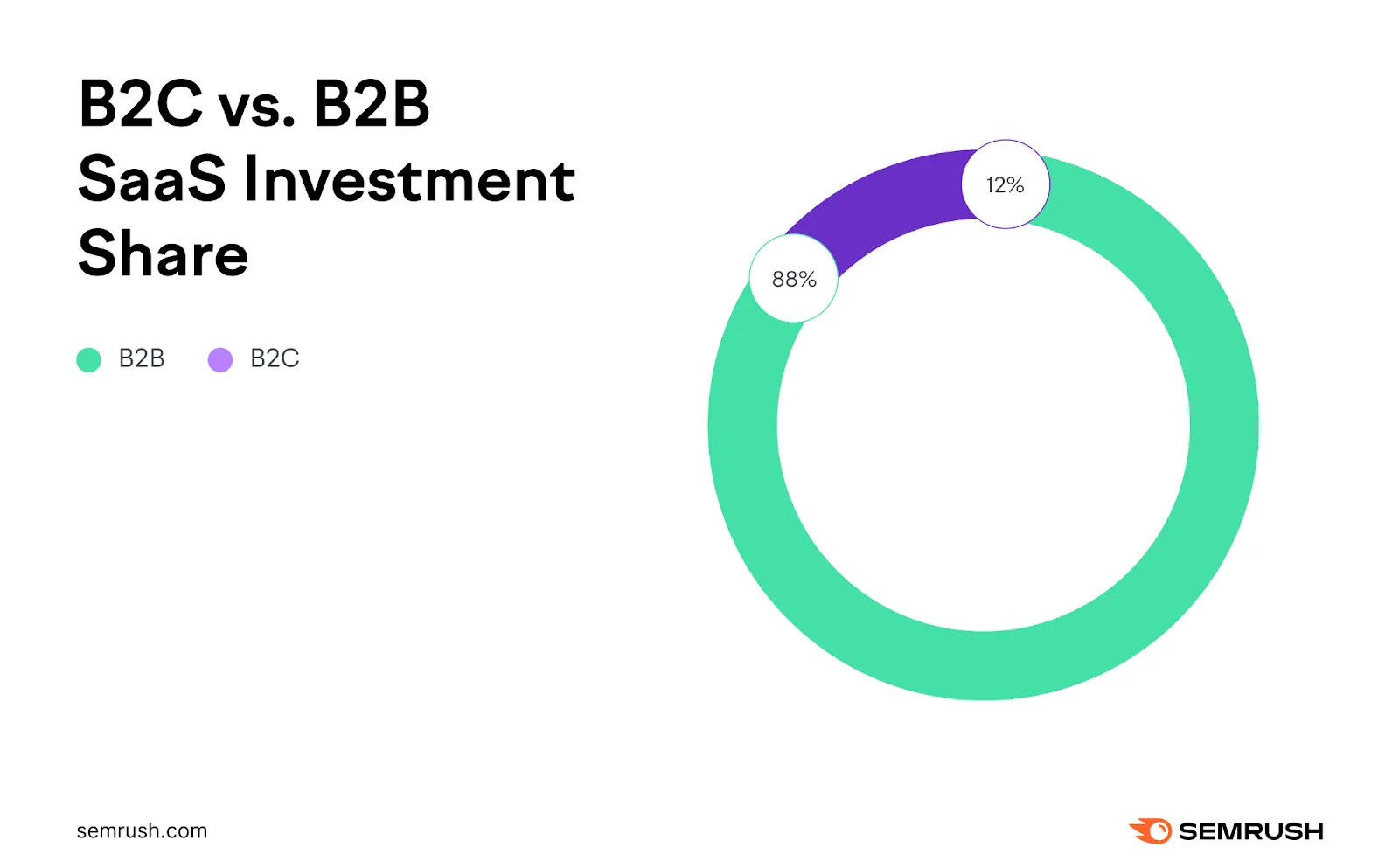

4. Transactional Keywords: The Ready-to-Buy Crowd
These are your high-intent keywords—the customers who are ready to pull the trigger. They’re typing in phrases like “buy now” “order online” “cheap flights to Rome” or “best price on a new iPhone.” They’ve done their research they know what they want and they want it now.

Your website needs to make the buying process as smooth and painless as possible.
Think clear calls to action streamlined checkout processes and secure payment gateways.
Your website should be super-easy to use.
All you need to focus on is leading them to their purchase and making sure the path to buying from you is well-lit.
No stumbling blocks no confusing navigation; just a clear route to that “add to cart” button.
That’s how you turn intent into sales!
Keyword Intent: More Than Just Words
Understanding the intent behind the keywords is critical. Is someone searching “apple” for information about the fruit or the tech giant? The search engine results pages (SERPs) will tell you. Look closely at what types of results dominate—articles product pages company websites? That reveals the intent. Some keywords can even be a mix!
Keyword Research Tools: Your SEO Sidekicks
Tools like SEMrush can become your best friend when researching keywords.
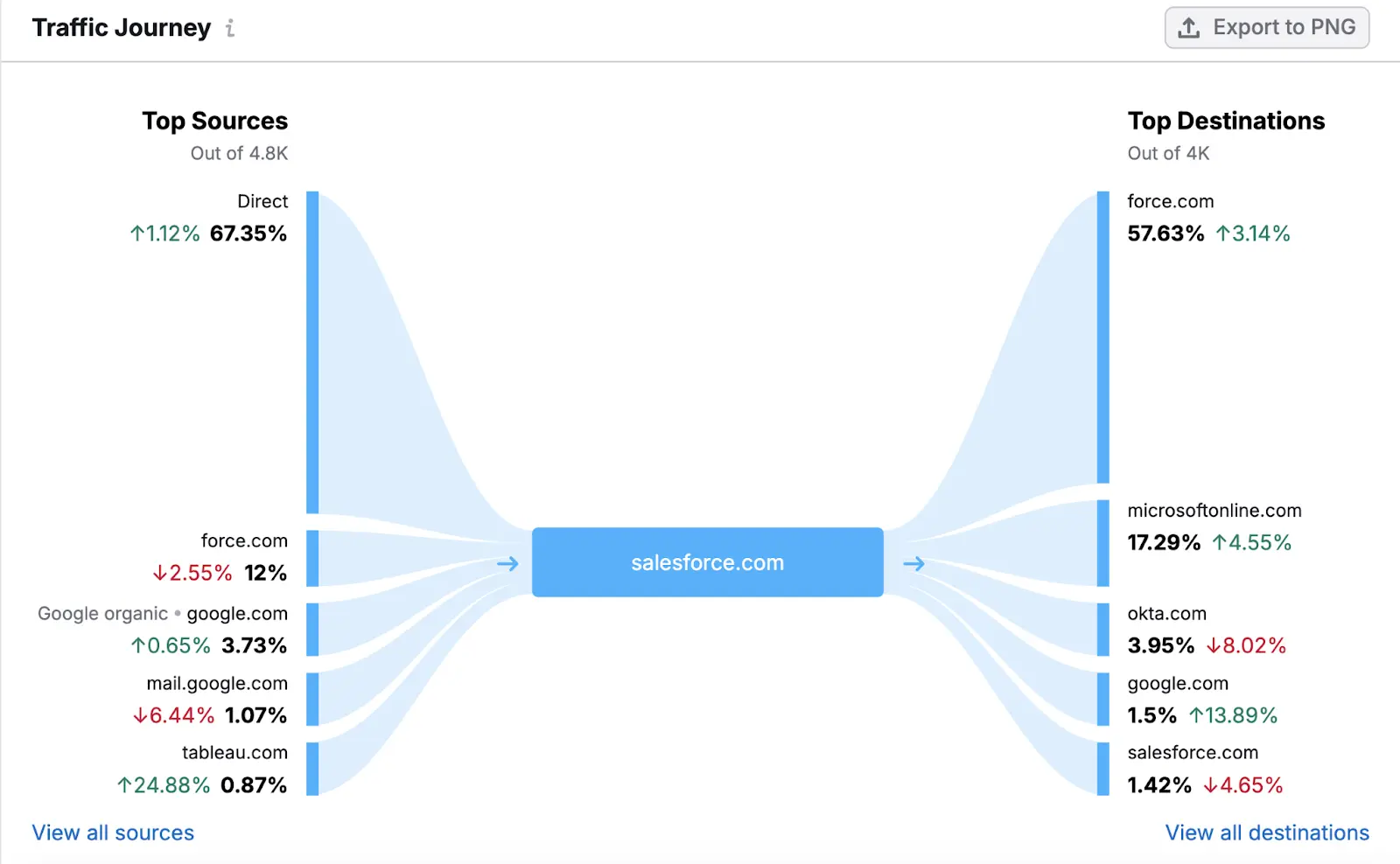
Ready to level up your SEO game and stop shouting into the void? 🚀 Learn how to master keyword intent with SEMrush and dominate search results! It’s easier than you think! 😉
They’ll analyze the intent behind searches showing you whether a keyword is primarily informational navigational commercial or transactional.
This lets you tailor your content strategy with precision and helps ensure that you are optimizing for the correct intent.
Semrush doesn’t just give you keywords – it gives you context providing you with a wealth of information to improve your SEO strategy.
Creating Content That Converts
Once you understand keyword intent it’s time to create content that resonates.
Informational keywords need thorough well-researched articles; navigational keywords require easy-to-find well-organized websites; commercial keywords need detailed product descriptions and comparisons; and transactional keywords need streamlined purchasing processes.
Remember EAT Experience Expertise Authoritativeness and Trustworthiness.
This is your SEO holy trinity.
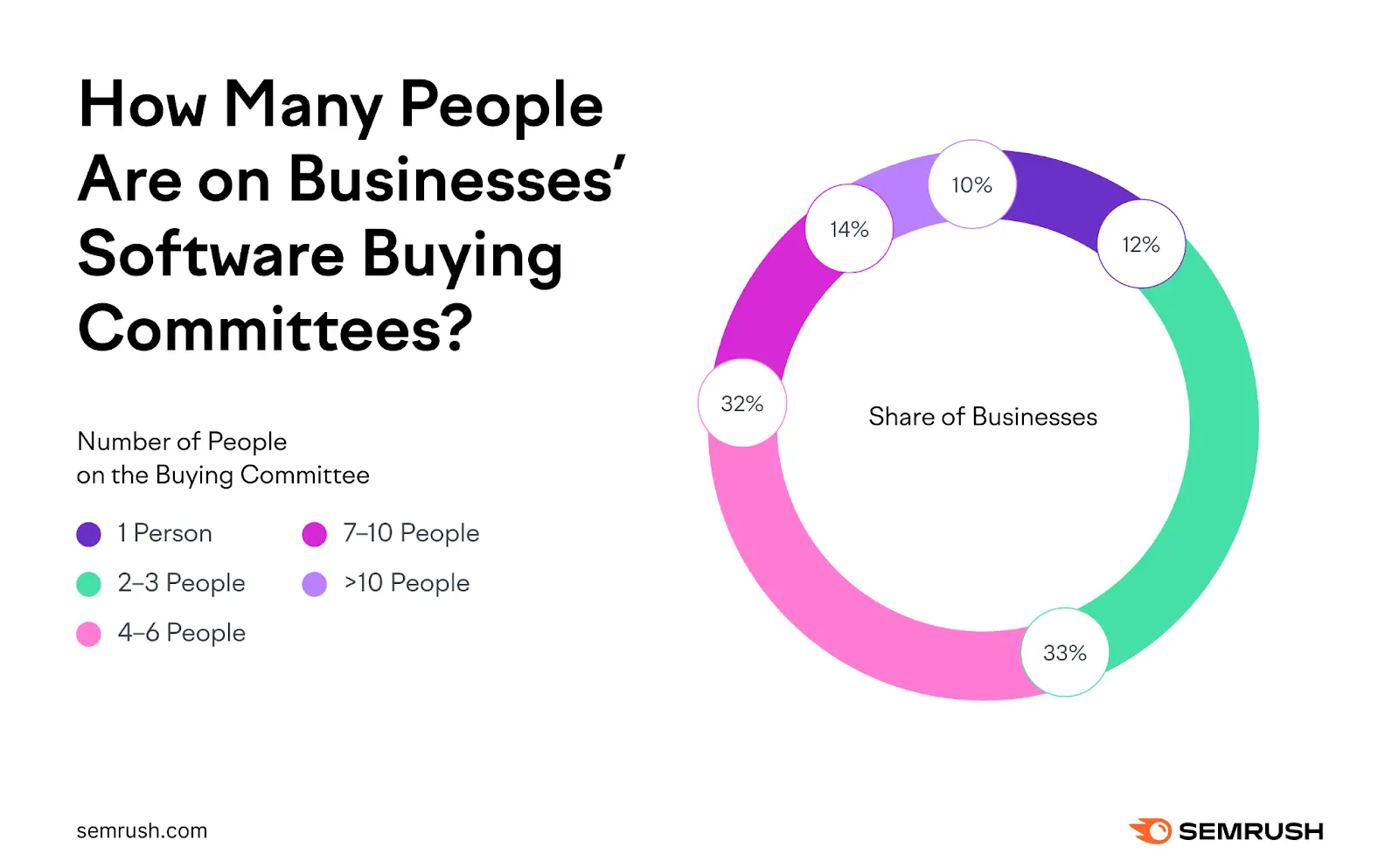
Your content should demonstrate credibility not only because search engines will rank it higher but because consumers will trust you more.
Tracking Your Success
Monitoring your progress is just as crucial as the research itself.
Use tools like Semrush’s Position Tracking to monitor your keyword rankings and see what’s working and what needs tweaking.
This information informs future strategies and helps refine your approach.
You can even see what kind of keywords are driving traffic to the most valuable pages.

In conclusion understanding keyword types is essential for effective SEO.
By mastering the nuances of informational navigational commercial and transactional keywords you’ll create a SEO strategy that not only boosts your rankings but also drives conversions.
So buckle up fellow adventurers and let’s conquer the world of SEO one keyword at a time!



